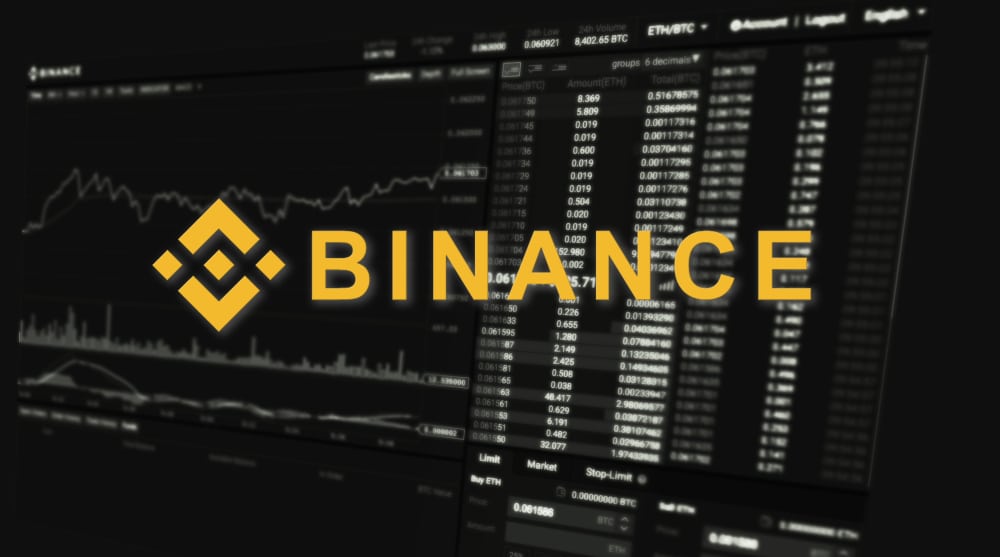Binance chief executive Changpen Zhao disputes the characterization portrayed in Commodity Futures Trading Commission (CFTC) lawsuit filings before the Northern District of Illinois Court. Zhao dismissed the allegations and instead lauded the global largest crypto exchange by transaction volume for deploying a stringent compliance policy.
Zhao’s response to the CFTC suit conveyed on March 27 via the official Binance blog tore to the claims submitted in the filing as portraying incomplete recitation of facts. The Monday post refuted the issues argued in the complaint by the CFTC earlier, terming them both disappointing and unexpected.
The lawsuit claims that Binance engaged in unregistered derivatives trading while offering cryptocurrencies, including ether (ETH), tether (USDT), litecoin (LTC), and Binance USD (BUSD), identified as commodities. Additionally, the suit claims that Zhao’s leadership knowingly instructed employees to leverage virtual private networks in spoofing locations.
Binance Stringent Compliance Policy
Zhao illustrated the giant compliance technology deployed by Binance, particularly the stringent know-your-customer (KYC) initiative. He dismissed claims of violating the anti-money laundering law by revealing that the exchange engaged 750 individuals for its compliance department.
CZ added that most compliant officers had garnered expertise in law enforcement and discharging regulatory agency duties. He observed that Binance secured 16 licenses for its operations and registrations globally.
Zhao is disputing the argument that Binance leadership willingly orchestrate the violation of federal laws. He indicated the exchange’s collaborative nature with the government regulators and agencies.
Binance compliance standards are evident in executing 55,000 law enforcement requests. In 2022, Binance facilitated the seizure and freeze of funds exceeding $125 million, with another $160 million since the onset of 2023.
Incomplete Statement of Facts
The documents annexed by CFTC in its submission before Illinois accused Binance-US of aiding the creation of a system to conceal the true identity, reach, and operations of the CZ-led company. In the subsequent presser by CFTC counsel Gretchen Lowe, Binance deployed willful evasion tactics to circumvent compliance with the US law. Citing evidence captured in internal chats and emails, Binance’s top executives portray the agency as perpetrating wrongdoing. In particular, the Binance executive team ordered US-based customers to consider alternative mechanisms to overcome the restrictions imposed.
The suit illustrates that Binance management directed US customers to conceal the exact locations, thereby hoodwinking the regulatory watchdog that the exchange hardly served within the jurisdiction.
Zhao dismissed the insider trading allegations by terming incomplete statements of facts. Instead, Binance enforces the 90-day and no-day trading policies prohibiting employees from disposing of coins held within three months of purchase.
A similar grace period exists in reverse transactions where employees sell cryptocurrencies. Doing so prevents employees from active and insider trading. None of the Binance employees can trade in futures. Furthermore, employees with access to confidential information, including listing details and Launchpad, are prohibited from acquiring and selling the coins.
Existence of 300 Accounts to Manipulate Market Dismissed
The CFTC filing listed CZ as exercising direct or indirect ownership rights on entities undertaking trading activities on the exchange. The suit drags Zhao to the list of defendants, indicating that the executive owns over 300 Binance accounts. CFTC argues that CZ leverages 300 Binance accounts that occasionally support trading on the platform.
Zhao refuted the claims by revealing ownership of two accounts utilized in crypto holdings and a designated Binance card. He claimed to consume his food and utilize Binance.com to store his crypto holdings. Occasionally, it mandates him to convert crypto holdings to settle personal expenditures and card top-ups.
Zhao rejected the alleged involvement in insider trading. He ruled out instances of Binance.com trading to earn profit or manipulate the cryptocurrency market. Instead, Binance only traded in specific instances inevitable for any exchange. The exchange trades when converting the cryptos into fiat, mainly when settling the expenses and obligations as they fall due.
Also, Binance has affiliates tasked with providing liquidity to the less-liquid pairs. Binance applies stringent monitoring to prevent the entities from making huge profits.

